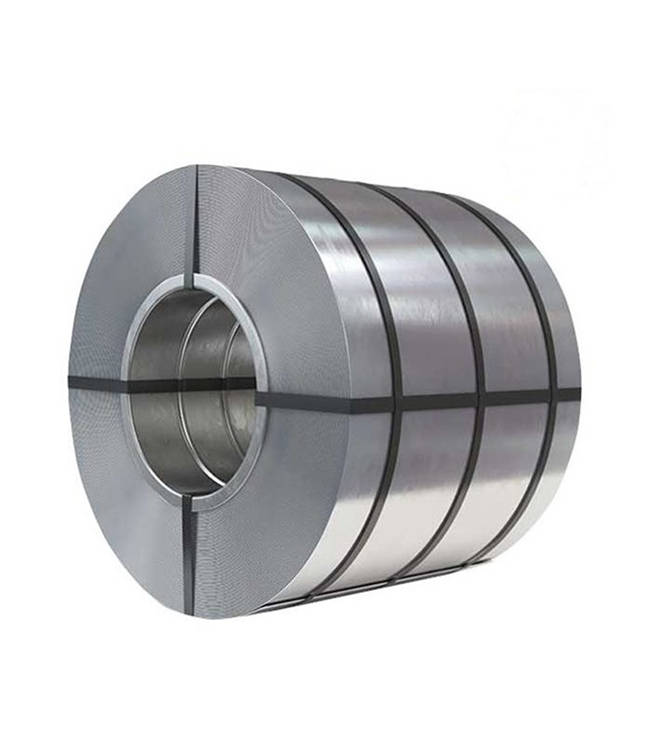80CrV2, 1.2235, 80CrV3 - tool steel
Alloy tool steel for cold working 80CrV2, 1.2235 according to DIN 17350, UNE 36018, EN 10132-4.
Standard Steel Grade Chemical Composition % C: Mn: Si: P: S: Cr: Ni: Mo: V: W: Cu: PN NCV1 0.75 - 0.85 0.3 - 0.6 0.15 - 0.40 <0.030 <0.030 0.4 - 0.7 <0.35 <0.20 0.15 - 0.30 <0.20 <0.35 EN 80CrV2 - 80 CrV 2 - 1.2235 0.75 - 0.85 0.3 - 0.5 0.15 - 0.35 <0.025 <0.025 0.4 - 0.6 <0.4 <0.1 0.15 - 0.25 - - DIN 80 CrV 2 0.75 - 0.85 0.3 - 0.5 0.25 - 0.40 <0.030 <0.030 0.4 - 0.7 - - 0.15 - 0.25 - - GOST 9ChF - 9KhF - 9ХФ 0.80 - 0.90 0.3 - 0.6 0.15 - 0.35 <0.030 <0.030 0.4 - 0.7 <0.35 <0.20 0.15 - 0.30 <0.20 <0.30 GOST 8ChF - 8KhF - 8ХФ 0.75 - 0.85 0.15 - 0.45 0.10 - 0.40 <0.030 <0.030 0.4 - 0.7 <0.40 <0.20 0.15 - 0.30 <0.20 <0.30 GOST 9ChS - 9KhS - 9ХС 0.85 - 0.95 0.30 - 0.60 1.20 - 1.60 <0.030 <0.030 0.95 - 1.25 <0.35 <0.20 <0.15 <0.20 <0.30
80CrV2, 1.2235 - characteristics and application
NCV1 is a grade with high cutting capacity and high ductility. It is characterized by high hardness and durability after heat treatment.
Steel is intended for production of tools for cold-working with wood, metal and soft plastics. Supplied in the form of flat products - sheets and strips, exhibits considerable resistance to tempering and the possibility of hardening thin elements.
The disadvantage of the products is susceptibility to warping during oil hardening. The steel is used for the production of band saws, machine knives, burrs, cutting dies, blanking dies and disc saws for wood, and metal cutting shears.
The mechanical properties of strips 80CrV2, 1.2235
- Delivery condition +A+LC according to EN 10132-4
- Tensile strength, Rm: <720 MPa
- The yield point, Re: <580 MPa
- Elongation, A:> 12%
- Hardness, HV: < 225
- Hardness, HB: <95
- Delivery condition +QT according to EN 10132-4
- Tensile strength, Rm: 1200 - 1800 MPa
- Hardness, HRC: 38.5 - 52.5
- Hardness, HV: 370 - 550
- Mechanical properties of NCV1 grade according to PN-86/H-85023
- in softening annealed condition, HB <255
- in condition after hardening in water, HRC >61
- in condition after hardening in oil, HRC >59
- Linear expansion coefficient,
- Thermal conductivity: λ: 25.0 W⋅m⁻¹ K⁻¹
- Linear expansion coefficient, α: ~12.0 ⋅10⁻⁶ K⁻¹
Further reading:
The Advantages of Welded Mesh: Versatile, Durable, and Cost-Effective
How Does an Electric Fence Work?
Durability Showdown: Are Fiberglass Screens Tougher than Aluminum Screens?
What Are the Maintenance Requirements for Aluminum Sheet?
Galvanized Corrugated Steel Plate vs. Color Coated Corrugated Steel Plate
What is fiberglass yarn used for?
Filtration Using Sintered Metal Filters
Hardness after tempering in specific temperatures
Tempering temperature (℃) Hardness (HRC) 200℃ >61 250℃ 61 300℃ 58.2 350℃ 55.2 400℃ 52.0 450℃ 48.2 500℃ 44.2 550℃ 40
Heat and plastic processes of 1.2235, 80CrV2 steel:
- Softening annealing with slow cooling in the box, ash or sand, in a temperature of 690 - 710℃
- Softening annealing with cooling in furnace and then in the air, in a temperature of 750 - 790℃
- Hardening at 780 - 840℃ with cooling in water
- Hardening at 800 - 830℃ with cooling in oil for thin products
- Tempering at a tempering of 180 - 320℃ with cooling in air
- Relief annealing in a temperature of 600 - 700℃ with slow cooling in furnace, ash or sand
- Rolling in the range 1000 ° c, forging with a slow heating through between 1000 - 800℃ with cooling in the ash or sand
In the above mentioned grades the company provides:
Other indications and equivalents grade:
NCV1, 80CrV3, 80CrV2, 1.2235, CSN 19419, 8HF, 9HF, 80 CrV 2, 80 CrV 3, 8ChF, 8KhF, 8ХФ, 8XF, 9ChF, 9KhF, 9ХФ, 9XF, 9ChS, 9KhS, 9ХС, 9XC
This website uses cookies to improve your experience. We'll assume you're ok with this, but you can opt-out if you wish. Accept
80CrV2, 1.2235, 80CrV3 - tool steel
80CrV2 Spring Steel from BSS
Further reading:How to Choose the Right Crane Rail Size?
Which Crane Rail Type Suits Your Needs Best?
What Is the Maximum Weight a Railway Track Can Support?
Are There Different Types of Aluminum Coils?
What are the advantages of using galvanized steel coils?
12 Train Facts You Might Not Know
What is the best black paint for shutters?



